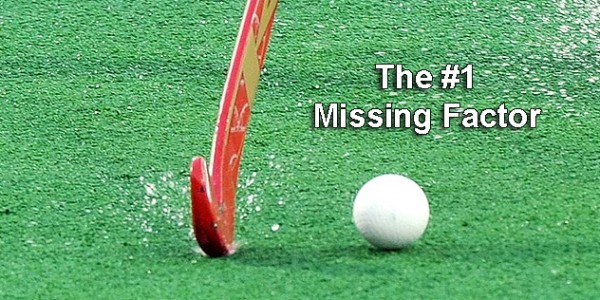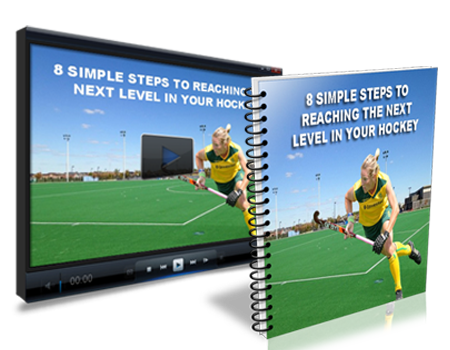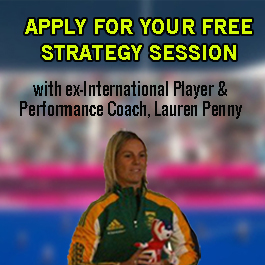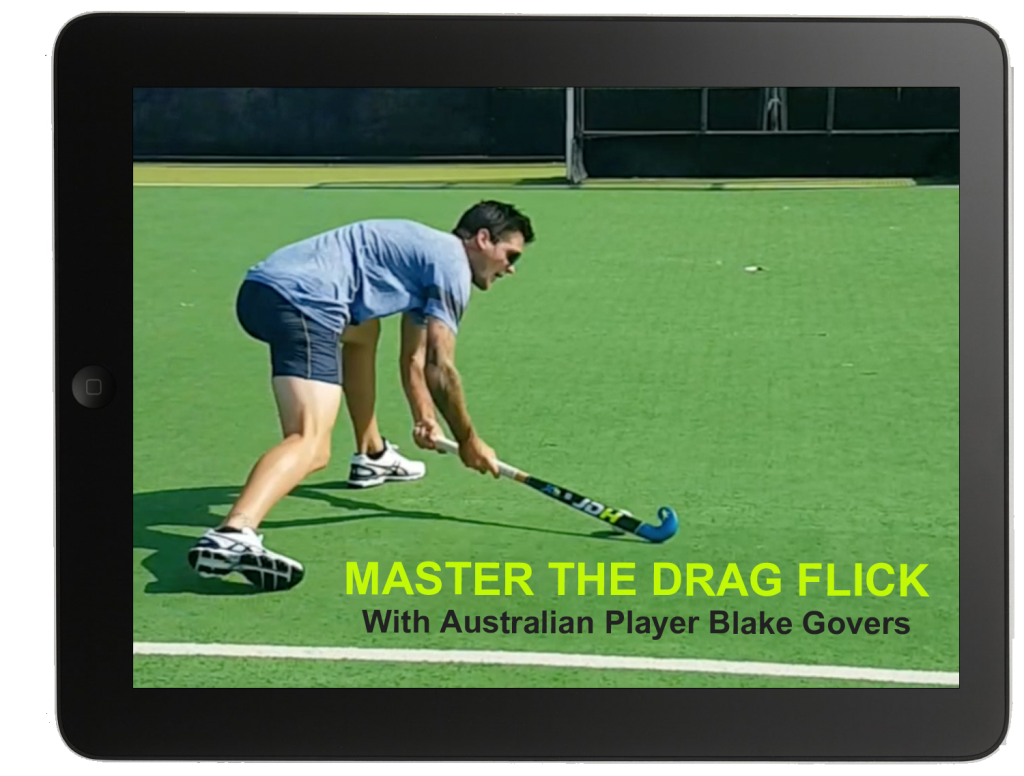It is very frustrating as a coach when you see players with great potential, but there is one major thing that is missing.
Accountability.
It is when a player doesn’t take responsibility for their own performance or for what is expected of them, whether it’s following the game plan, marking a player, doing their own fitness, getting enough sleep, eating the right foods, putting what they learn’t into practice, etc.
What is even more frustrating is when players give all the reasons and excuses of why they didn’t or couldn’t do something, instead of accepting the responsibility for their actions.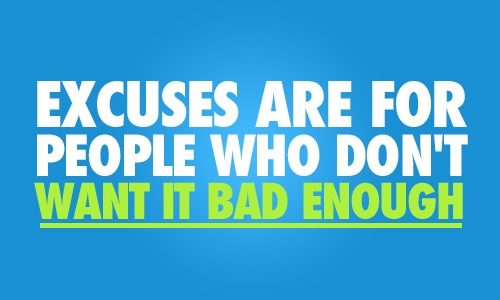
Being accountable means that you take ownership for the way that you train and play and you believe that you control the outcome of your performance.
This can be related to both on or off the field.
Many players are quick to blame other external and often uncontrollable factors, when things don’t go their way. This happens because it is much easier to point the finger at something or someone else than it is to stand up and take ownership.
The irony is that we actually learn more and develop faster when we admit mistakes and own up to them.
When we blame other factors what we are actually doing is giving up an opportunity to learn from our mistakes.
I am not saying dwell on your mistakes, I am saying learn from them.
But you cannot learn from them if you don’t accept them.
Sometimes people will just say what the coach or others want to hear but they may have convinced themselves of something else so they still don’t learn from their mistakes.
Common examples include blaming team mates, the opposition, the pitch/weather, the coach, parents or even umpires.
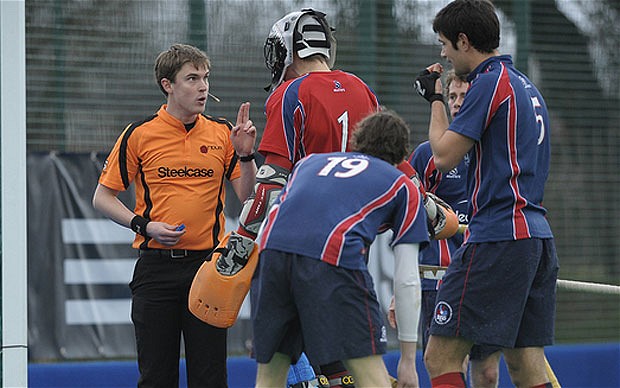
I always say to the players that I work with:
The only time that you can ever blame the umpire (or anyone else) is if you didn’t make a single mistake in the game.
Hockey is a team game so if you’re going to blame team mates then you are in the wrong sport.
Yes maybe they were at fault but how are you going to help them?
Do you really think moaning about it behind their back is going to help them or the team? If you do confront them, is it constructive and positive?
If you don’t make a team, remember that there are reasons why you didn’t make it.
BUT, do you chose to focus on the productive or unproductive reasons?
Here are some examples of what I mean…
Unproductive reasons:
- The coach doesn’t like me
- I am from a small or rural town
- The selectors are biased
- I am too small / old / young
- They are much better than me
Productive reasons:
- I could have prepared better
- I focussed too much on the wrong things
- I wasn’t fit enough
- I didn’t call for the ball or communicate enough
- Next time I need to work harder
Do you notice how the unproductive reasons are mainly things that you can’t control?
Even if there is some truth to it, worrying and focussing on those things isn’t going to get you anywhere.
If you don’t get selected, do you just accept it and think you’re not good enough?
Or do you learn from it and choose to use it as motivation to work harder and prepare differently next time?
That’s the difference between winners and the average.
Before you point any fingers, always ask yourself:
“Could I have done better?”
Accountability is the #1 missing factor in many hockey players.
Become a student of the game
Being accountable is wanting to always improve and understand all the little things that can make a difference.
It is putting what you have been taught into practice and games.
You cannot blame coaches, other players or umpires, you have to take responsibility for your own performance.
No-one wants to hear your excuses and why you can’t do something, rather spend that time trying to find a way that you can.
Most people are problem focussed. Be solution focussed.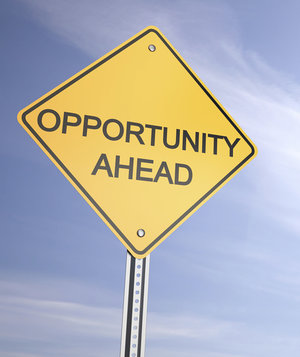
If you aren’t getting noticed, then find ways to get noticed.
Don’t focus on the reasons why you can’t do something, rather focus on why you can.
Do what others aren’t prepared to do – that’s a sign that it will be worth it.
I believe that anyone can develop accountability, it just takes a mindset shift and a change of perspective.
To get personalised advice on how you can be more accountable and take your game to the next level, reach out to me here
